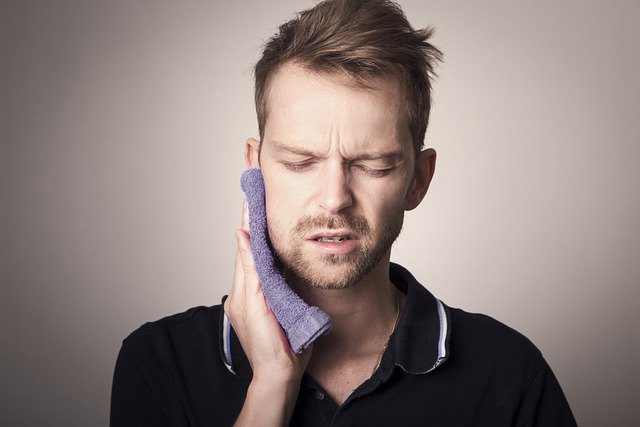

Many of us are trying our best to be in control of our health and our psyche. However, some people don’t realize that the psychological effects of the pandemic have started to creep in unconsciously. In this article, we’ll discuss how bruxism connects stress and toothaches together.
There are a lot of possible reasons that can cause a toothache. Aside from dental conditions and sinus inflammation, stress can make your teeth painful in the form of bruxism or teeth grinding. When you are tense or anxious you might not notice that you are grinding your teeth, but your dentist can tell by examining them.
Bruxism happens when we clench or grind our teeth, and many of us do it from time to time. It can only be harmful when we do it frequently, or it becomes a habit. According to research, 70% of people clench their teeth because of extreme stress and anxiety, or they’re working in highly stressful environments.
Symptoms of bruxism include:
Early detection of bruxism will give you a chance to protect your teeth from damage. Your dentist would recommend the following tips to relieve a toothache due to stress-induced bruxism:
Aside from the psychological tips to manage stress and anxiety, Dr. Roy Jennings Dentistry also provides preventive and restorative treatments for patients with bruxism in Monroe. We also suggest the use of the following dental appliances to protect our patients’ oral health:
If you notice that you’re starting to clench your teeth more often, call us now so we can help you as soon as possible. In this difficult time, it can be hard to relax, but we hope that you may find a way that can help relieve your stress and put a smile on your face even during the pandemic.